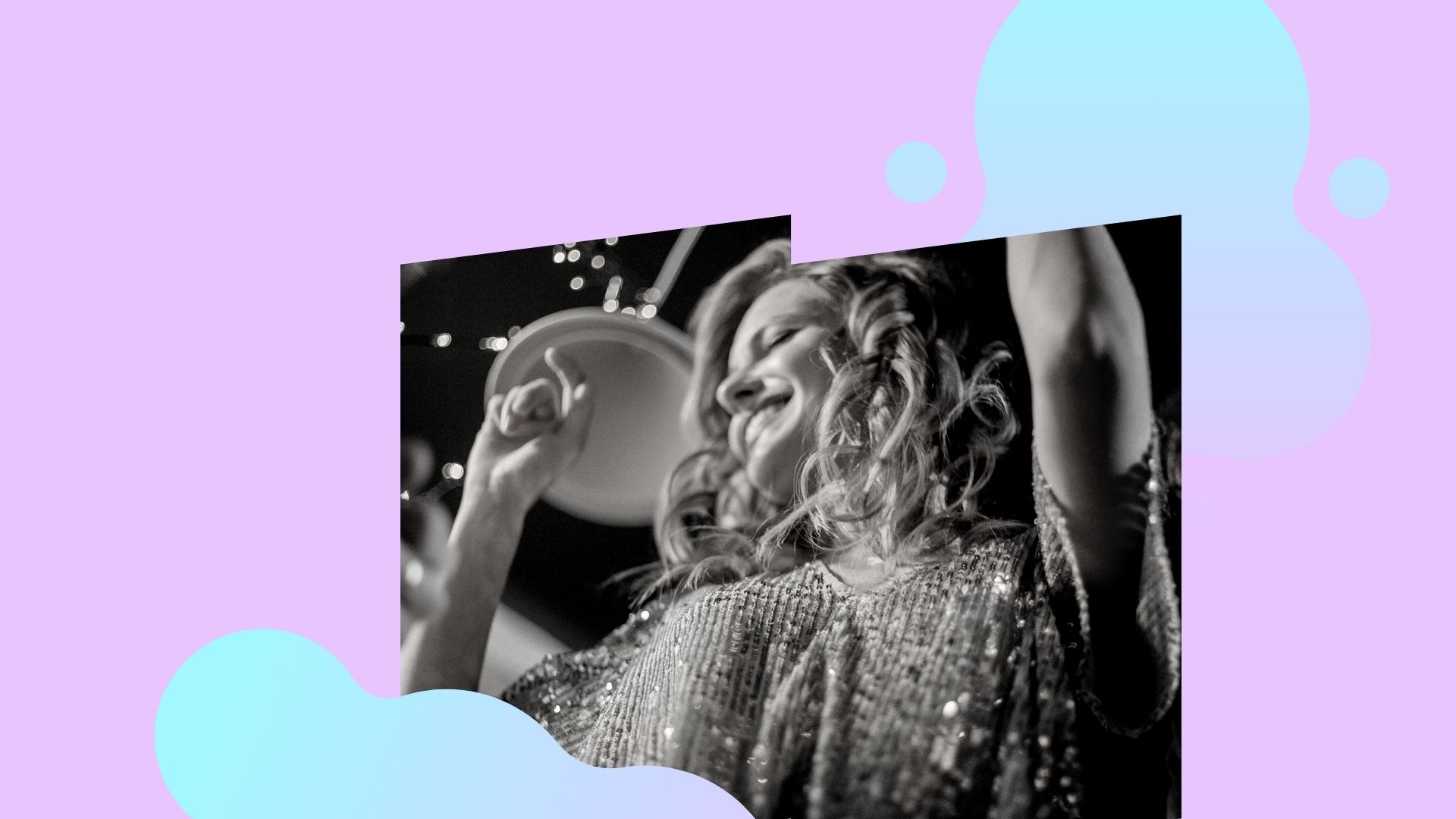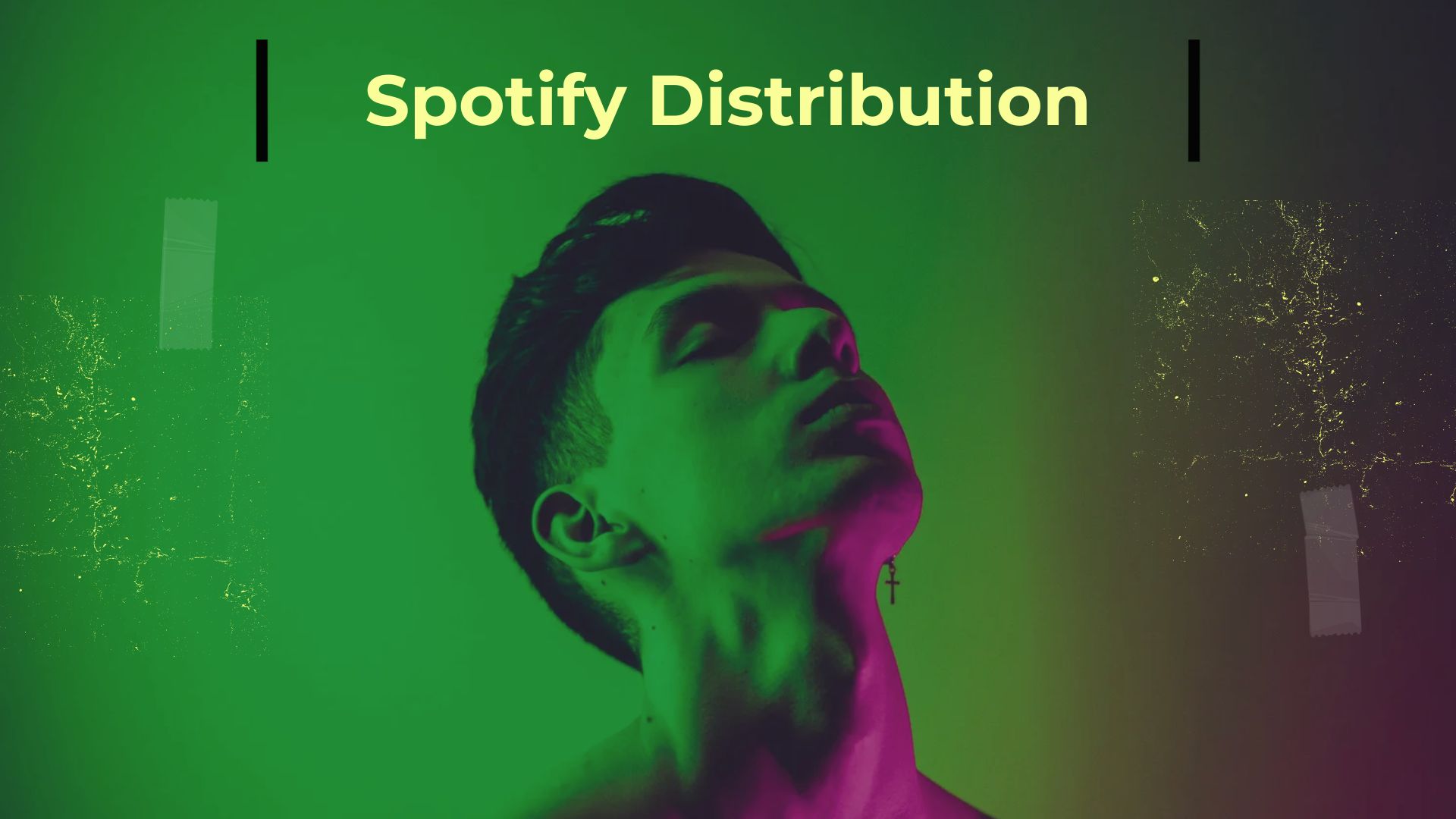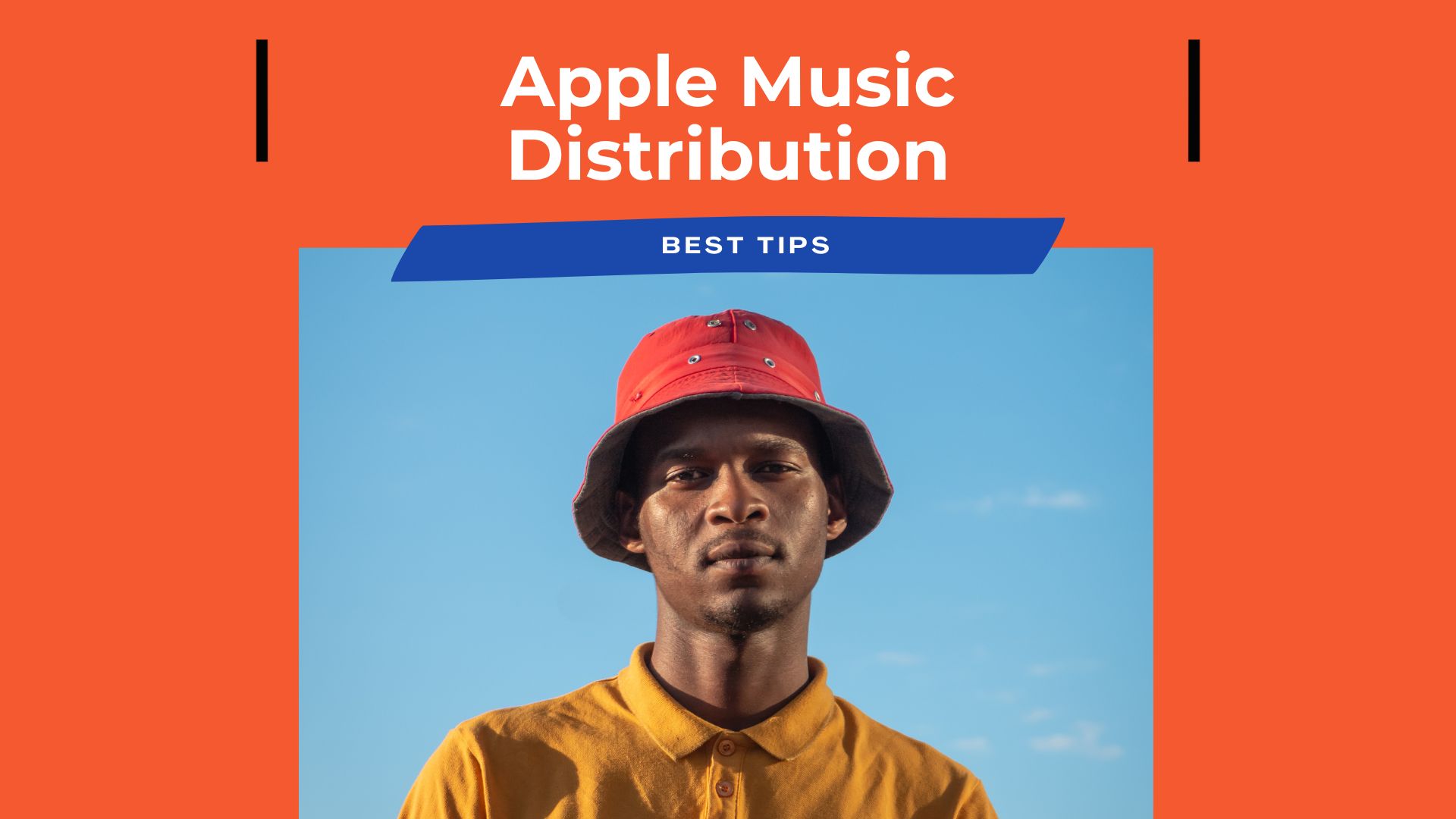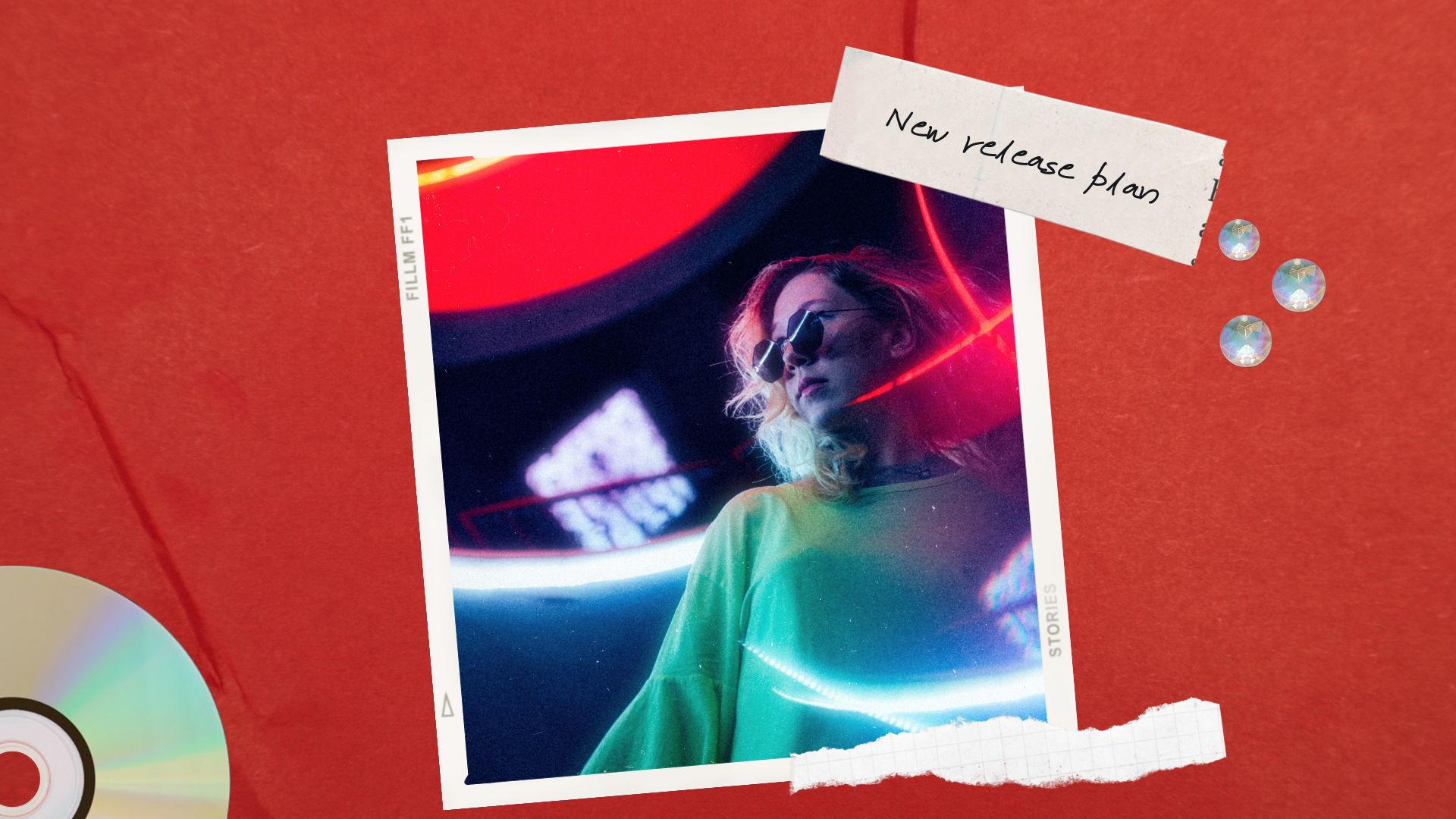Home -> Blog -> What is Music Publishing and how does it work?
What is Music Publishing and how does it work?

At first, navigating the music business and especially who owns publishing rights music can seem tricky. Although this part is handled by specialists, the authors of the music works should be aware of the nuances of publishing and the difference between publishing rights vs copyright music. Let’s start with the very basics and have music publishing explained. A songwriter creates a catchy, original composition and then registers the copyright. After that, the author can sign a publishing agreement, in this case, the business side is handled by a music publishing rights society, which also pitches songs to various media outlets and collects royalties when the song is used. The collected royalties are split between the publisher and the songwriter according to their agreement.
What is music publishing?
We will break down all you need to know about music publishing. The best way is to start with music publishing definition: it is managing the rights to musical compositions and ensuring that authors are properly compensated for the use of their work. This includes protection, promotion, licensing, and monetization of music and collecting music publishing copyrights. Music publishers, who deal with administrative tasks, can be called intermediaries between artists and revenue platforms to which songs are distributed. In addition to these responsibilities, music publishers play a crucial role in maximizing the reach and profitability of a song. Without proper publishing, a songwriter might miss out on significant income and opportunities.
Understanding and Mastering Music Publishing Concepts
Figuring out music publishing concepts and how they work is important for any artist. The central aspects you should understand include the following:
- music copyright basics;
- rights vs. royalties;
- types of royalties;
- music licensing vs. music publishing.
By mastering music publishing concepts you will have tools to control your musical legacy and unlock new revenue sources. In this article, we will have general music publishing rights explained, so you can make informed decisions and protect your creative work.
What is music copyright?
The artists’ music is their intellectual property, and understanding its ins and outs is the best strategy to protect that property. Don’t worry, we’ve got you covered and are here to help you sort through this topic. To establish legal proof of ownership, the author must register copyrights. By the way, publishers guide songwriters through the complex web of music publishing and copyright laws.
In fact, music copyright doesn’t refer to just one notion as it involves two distinct parts: the composition copyright (publishing rights) and the sound recording (master copyright). Music publishing rights vs master rights have unique roles and functions. The first are associated with the musical composition itself and usually owned by the author. The latter covers the recorded version of the song and determines who has control over it.
Rights vs. Royalties in Music Publishing: Key Differences
In the context of music publishing, rights and royalties are fundamental concepts that relate to the ownership and financial compensation aspects of music.
Let’s start with breaking down what are publishing rights in music and exploring their types:
- Mechanical rights refer to the right to reproduce a piece of music in a physical (CDs, vinyl) or digital format (downloads, streaming).
- Performance rights involve public performance of a composition, like live concerts and broadcasts.
- Sync rights are applied when a tune is synchronized with visual media such as commercials, TV shows, video games, or movies.
- Print rights allow the use of music in printed form (sheet music and songbooks).
Whenever your music is used, you earn from it by collecting royalties. However, a right holder is not necessarily the author; for example, if a music publisher buys music publishing rights, then they get the cut. But even if you have all the rights to your works, it doesn’t mean you get 100% royalties because the process involves a lot of players, and consequently, they get their share.
Music Licensing vs. Music Publishing: Key Differences Explained
The two most important concepts for artists that you should be able to distinguish are music licensing and music publishing.
Music licensing presupposes granting permission to a second party to use a musical composition or sound recording for a certain commercial purpose and for a limited time period. Different types of licenses are available for music, which determine how the compositions will be used and the amount of financial earnings. All those terms, fees, and conditions are negotiated between the right holders and the licensees, such as film studios, ad agencies, or other media companies.
On the other hand, music publishing is about managing copyrighted music to generate profit. Some artists handle it by themselves, while others prefer to sign a contract with a publisher who takes care of the financial aspects, licensing agreements, and opportunities to showcase the music of the artists they represent. If a songwriter decides to receive a lump sum payment rather than ongoing royalty income, they put music publishing rights for sale.
The Various Types of Royalties in Music Publishing
If you are an independent artist, you don’t expect to receive a paycheck at the end of the week. Getting revenue for your creative work is more complicated than that. In the music industry, rights holders of the composition receive royalties, that is, payment to use the copyrighted work.
In fact, royalty types vary from one country to another due to differences in copyright laws, licensing, and industry standards. Can you believe artists can receive royalties when their music is borrowed from libraries? Unlike the U.S., some EU countries have public lending rights (PLR) that apply to music works. Anyway, there are four main types of royalties:
- Mechanical royalties are generated when your music is downloaded, played at any streaming service, or sold as a physical product (CDs, vinyl).
- Performance royalties are paid for public performances of a composition in places such as malls, restaurants, radio, clubs, etc.
- Sync royalties are earned when music is used in sync with visual media, whether that be for motion pictures, video games, or commercials. Working with a sync agent opens new horizons for indie artists.
- Print royalties are perhaps the least common type nowadays. They are collected for the sale of tunes in print form.
Successfully Start Collecting Your Publishing Royalties
Now that you know how to get publishing rights for music, understand and can manage the rights to your musical compositions, you won’t miss out on receiving the income you’re entitled to.
Before starting the distribution process, register your music with CMO or IME. Debuting artists shouldn’t ignore this step because it is important for collecting publishing royalties.
Consider using services of digital distribution platforms to put your songs on various streaming platforms. This cooperation may be beneficial in terms of reaching a wider audience but also allow you to concentrate on the creative process while distributors handle the promotion and royalties collection parts. However, you’d better regularly review the statements provided by the Performance Rights Organization or publishing administrator to ensure all royalties are being accounted for.
If your music is being played internationally, register with foreign collection societies or use a global publishing administration service to collect royalties from other countries.
How useful is the publication?
Click on a star to rate!
Average rating 0 / 5. Number of ratings: 0
No ratings yet. Be the first to rate.


